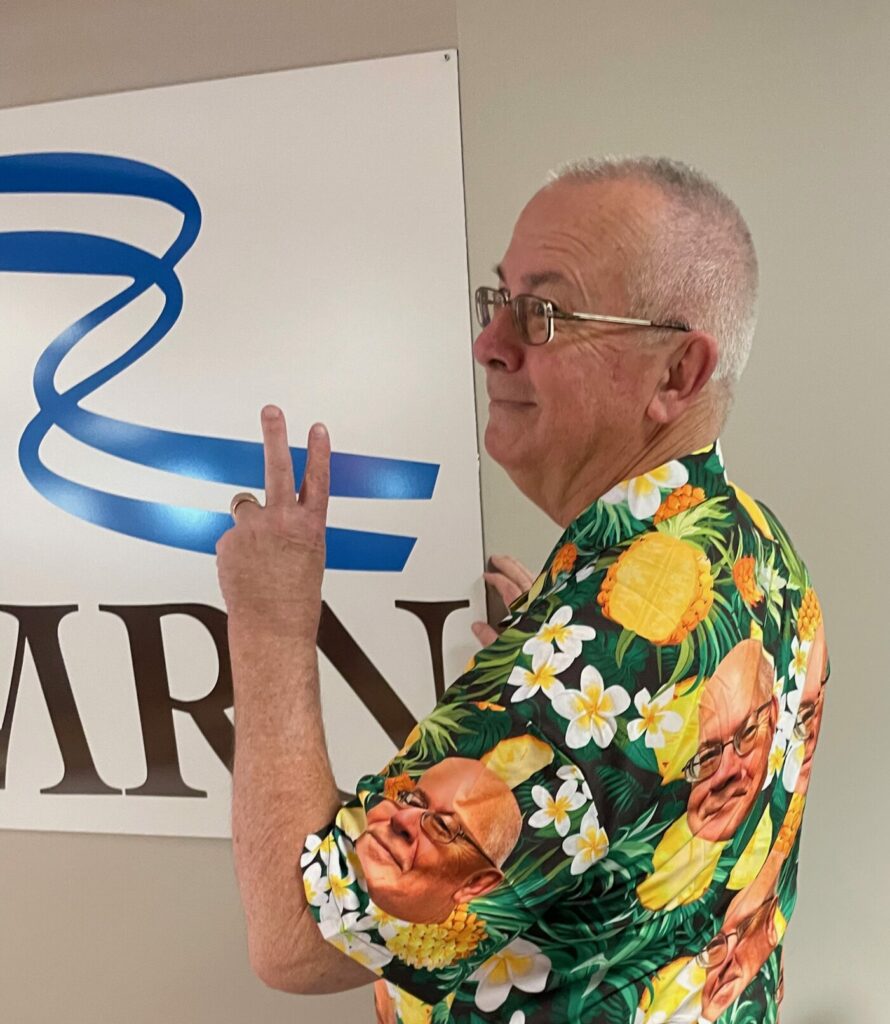DAILY DIRT: Child care has a come a long way — a very, very long way


“He argued that children should be greeted with a handshake in the morning, should not be allowed to sit in a parent’s lap, and should never be hugged or kissed, save for a peck on the forehead at bedtime” … Welcome to today’s three thoughts that make up Vol. 950 of The Daily Dirt.
1. I wonder what people were thinking years ago, specifically parents of young children.
First of all, I’m glad I was not born during the 1900s, or even during the first half of the 20th century. Secondly, it’s hard to believe the following were accepted practices for many, many years:
1. Alcohol and opium?: In an era before evidence-based medicine, parents often relied on questionable — to say the least — remedies to treat common childhood ailments. Substances such as Stickney and Poor’s Pure Paregoric syrup and Godfrey’s Cordial were commonly given to babies in the 19th century to relieve gas, soothe teething pain and treat unexplained fussiness. The secret ingredients? Alcohol and opium, according to historyfacts.com.
Mrs. Winslow’s Soothing Syrup was also a popular treatment at the time. The syrup was advertised as a method of pacifying young children, helping with dental hygiene, and alleviating constipation, and it was said to be suitable for babies as young as newborns. While the vibrant marketing featured the cheerful imagery of happy babies and mothers, the syrup, a concoction that included morphine and alcohol, resulted in the loss of thousands of children until it was denounced by the American Medical Association in the early 1900s.
2. Air those kids out: In 1894, alongside advice on bathing and diapering, Dr. Luther Emmett Holt introduced the concept of “airing” infants. Fresh air, he believed, would renew and purify the blood and was just as important as feeding.
Holt suggested babies be placed in cribs near an open window starting at 1 month old. Airing could take place in almost any temperature as long as the baby was dressed appropriately and the wind wasn’t blowing in their face. He even advocated for babies napping outside in their carriages, insisting that children who did this were stronger than indoor sleepers.
“Appetite is improved, the digestion is better, the cheeks become red, and all signs of health are seen” after airing, according to Holt.
The practice of “airing” babies subsequently gained traction, and in the early 1900s, people even began placing babies in boxes on flat roofs. Baby cages also soon appeared as a way for city-dwelling parents to provide their babies with that all-important fresh air from the comfort of an enclosed frame suspended from a windowsill.
3. How about just one hug?: By the end of the 19th century, children were increasingly viewed as innocent and dependent beings instead of little adults, but it was still uncommon for them to receive much affection from their parents.
In the early 1900s, John B. Watson, an American psychologist known for his role in developing the field of behaviorism, stated that children should not receive “too much mother love.” He argued that children should be greeted with a handshake in the morning, should not be allowed to sit in a parent’s lap, and should never be hugged or kissed, save for a peck on the forehead at bedtime.
Watson wasn’t alone in his hands-off approach to parenting. Other “experts” said rocking a baby was not recommended, calling it “a habit easily acquired, but hard to break, and a very useless” tactic for soothing a baby.
Babies should be handled as little as possible, “lest (they) become spoiled,” warned another guide. “If we sow indulgence we shall reap anger, selfishness, irritability, ‘unbecomingness’ — the spoiled child. Turn (the baby) occasionally from side to side, feed it, change it, keep it warm and let it alone.”
One final thought: Who WERE these people?
2. Did you know (Part 15) …
- That there are more than 200 flavors of Kit Kat bars in Japan.
- That “typewriter” is the longest word that can be made using only one row of a keyboard.
- That the tongue is the only muscle in the human body connected at just one end.
- That before Tom Cruise was cast as Maverick in the original “Top Gun” film, the No. 1 choice for the role was Matthew Modine.
- That the original choice to be Marty McFly in “Back to the Future” was Eric Stoltz, not Michael J. Fox.
3. Forty years ago today, these were five of the hottest country songs on your radio:
- “All My Rowdy Friends,” by Hank Williams Jr: Remember in 2011 when the NFL booted Hank off Monday Night Football because he made some negative statements about Barack Obama?
- “All The Girls I’ve Loved Before,” by Willie Nelson: Willie is one of those guys who could sing the phone book and it could be considered a classic.
- “You Look So Good In Love,” by George Strait: They call him The Fireman.
- “Baby’s Got Her Blue Jeans On,” by Mel McDaniel: Every artist has a song he or she is known for. This will always be Mel’s.
- “You Gotta Have A Fiddle in the Band,” by Alabama: The No. 1 band in country history. Case closed.
Steve Thought O’ The Day — If I would have included six songs instead of five, a prime candidate would have been “Elizabeth” by the Statler Brothers or “Seven Spanish Angels” by Willie Nelson and Ray Charles.

Steve Eighinger writes daily for Muddy River News. His assessment of Alabama is spot on.
Miss Clipping Out Stories to Save for Later?
Click the Purchase Story button below to order a print of this story. We will print it for you on matte photo paper to keep forever.

